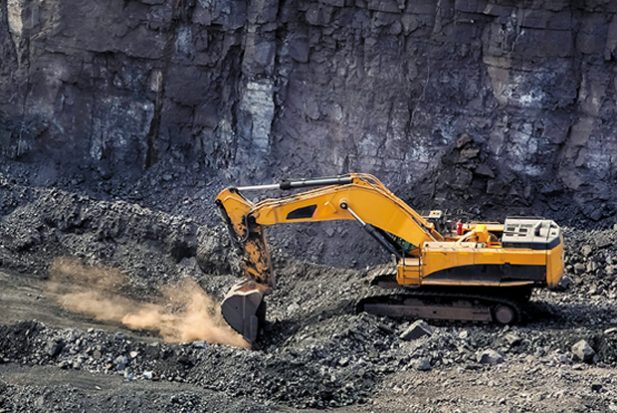
Ghana risks losing up to $500 million in local lithium processing (NRGI)
Ghana could lose up to $500 million if it embarks too soon on local processing of the lithium mined on its soil.
This is the estimate put forward in a study published in March 2025 by the Natural Resource Governance Institute (NRGI), which considers that the financial risk of building a local lithium refinery lies in the economic model of the operation itself.
The Ewoyaa project, soon to become the country’s first lithium mine, is set to produce 3.6 million tonnes of spodumene concentrate over twelve years, but half of this is already reserved for the American company Piedmont Lithium under a long-term purchase agreement. If the other half of production is exported unprocessed, the government could collect around $2.7 billion in revenues over the life of the mine, in the form of royalties, income taxes and dividends. But if that same half is channeled to a local refinery launched with the mine’s owner, Atlantic Lithium, those revenues would drop to $2.2 billion.
This loss is explained by the fact that it is impossible for a Ghanaian refinery to buy concentrate at the market price without operating at a loss. To be economically viable, the plant would have to acquire the ore at a lower price than that offered by Chinese refineries, which currently dominate the sector. This fragility is explained by the global context of lithium refining.
China controls most of the capacity for transforming spodumene into lithium chemicals, thanks to a combination of technical expertise, economies of scale and low operating costs. Faced with this Chinese overcapacity, refinery projects outside China are struggling to compete. In fact, two of the only three spodumene refineries outside China have cancelled their expansion plans in recent years.
A plant based in Ghana would face heavier burdens than its Asian rivals: higher capital costs, imports of the main chemical reagents needed for the industrial process, uncertainty over the ability to sell or valorize by-products. Added to this is a major structural limitation: Ewoyaa alone does not supply the volumes needed to guarantee the full capacity of a refinery, making the economic viability of the project fragile from the outset.
source: agence ecofin

